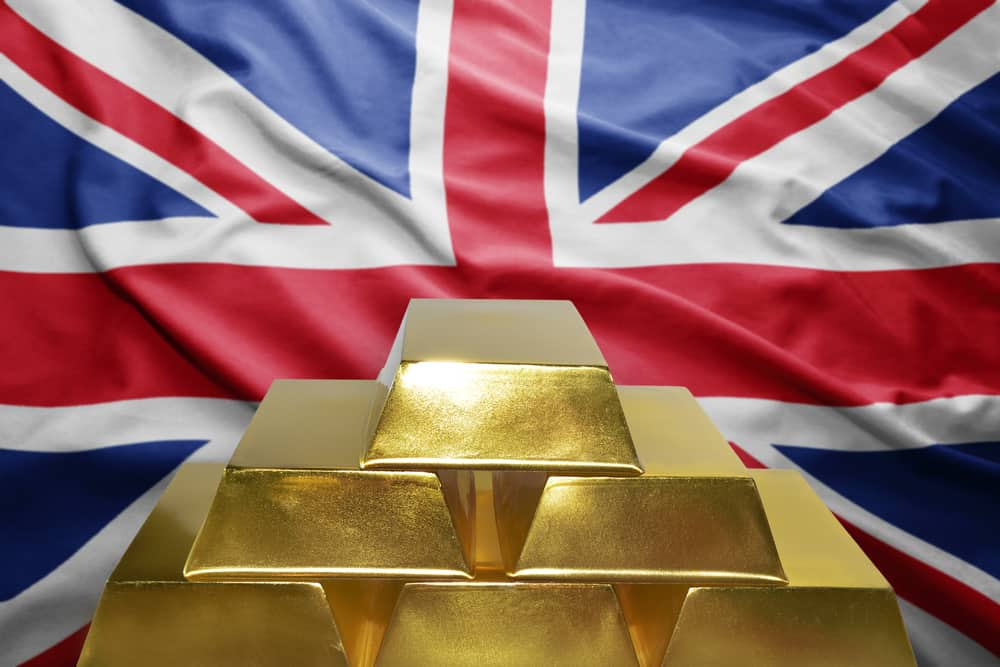The Costly Decision: Bank of England Sells Half of Gold Reserves in 1999

The Bank of England's Costly Move
In a historic move, the Bank of England sold half of its gold reserves in 1999, resulting in a financial long-term opportunity cost of over £21 billion.
The 'Brown Bottom'
Notably, then-Chancellor Gordon Brown's decision led to gold prices hitting a historic low and raising concerns among gold traders.
A Global Trend
The BoE's decision was part of a broader trend among central banks at the time, leading to stability concerns in the market.
This article was prepared using information from open sources in accordance with the principles of Ethical Policy. The editorial team is not responsible for absolute accuracy, as it relies on data from the sources referenced.